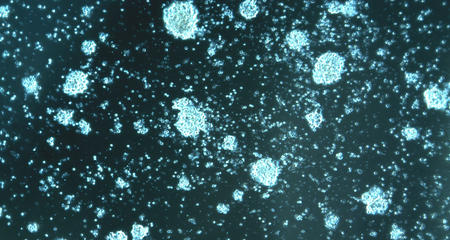Cancers of the penis are extremely rare, but they can have potentially devastating consequences for the men they affect. Our urologic cancer specialists have the expertise and experience to effective treat these rare cancers.
Penile carcinomas are essentially skin cancers that involve the penis. They are often caused by chronic inflammation, and they are almost never seen in men who have been circumcised. Symptoms can include an unusual growth or ulcer on the penis; redness, irritation or bleeding; and penile discharge. Penile cancer occurs most often in older men, with a little more than 1,000 new cases diagnosed in the U.S. every year. Penile carcinomas are diagnosed by physical examination and tissue biopsy.
Penile Cancer Treatment
A key goal in the treatment of penile cancer is tissue preservation. Urologic surgeons, dermatologic surgeons and other cancer specialists work collaboratively to achieve a cure while safeguarding anatomy and function.
Tissue-Sparing Surgery
Surgeons from the Prostate and Urologic Cancer Program and the Skin Cancer Program work together to remove the cancer while sparing as much healthy tissue as possible. Using the technique known as Mohs micrographic surgery, a dermatologic surgeon partnering with a urologic cancer specialist removes a thin layer of tissue and examines it under a microscope to check for cancer cells. Layers are removed and examined sequentially until no more cancer cells are found.
Chemotherapy
Some early-stage malignancies can be treated with anti-cancer medications applied directly to the skin in cream form. Traditional chemotherapy drugs are also available to treat penile cancers that have spread to the lymph nodes and other parts of the body.
Radiation Therapy
Radiation therapy can benefit some patients with penile cancer by helping to prevent cancer recurrence. Radiation can also serve as an alternative treatment for well selected patients at risk of extensive tissue removal.
Advanced Cancers
Some cases require more extensive surgery and may necessitate complete removal of the penis. Experimental protocols are available for patients with very advanced disease.
More to Explore





